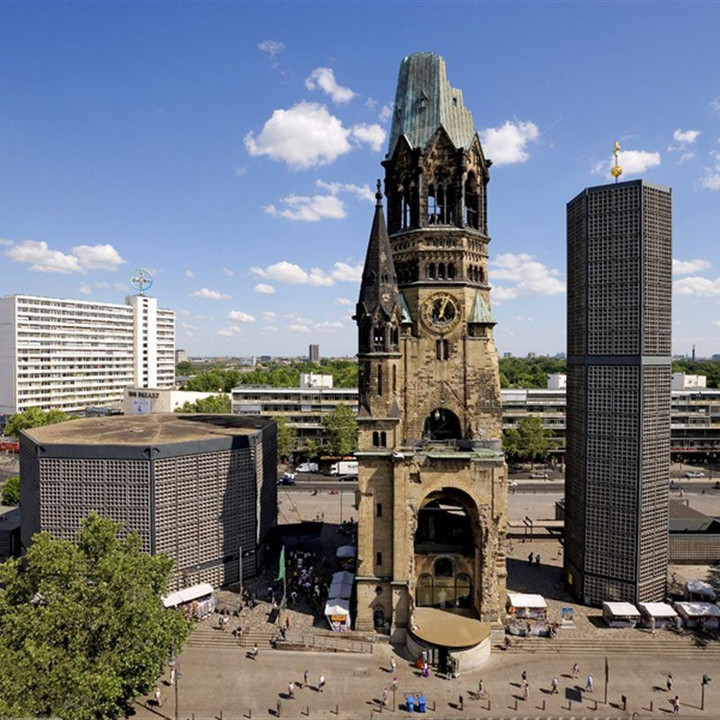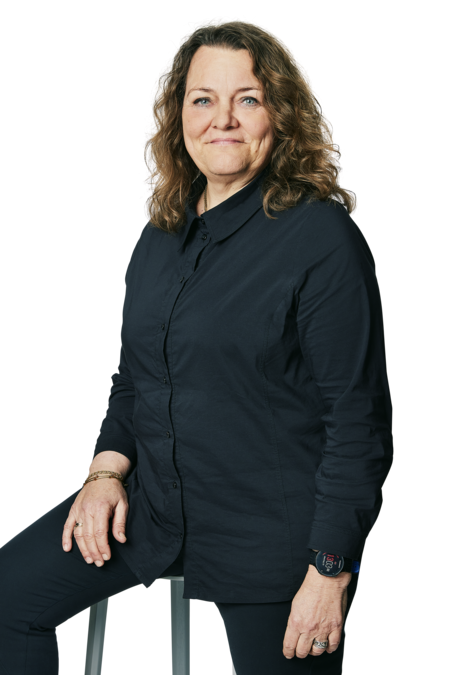New knowledge centre to ensure that all children and young people have a sound understanding of digital technology

The centre is building on previous experiments and projects, and for the first time brings together the academic environments at the Danish universities, university colleges and primary and lower and upper secondary schools to establish a comprehensive Danish approach to digital technology literacy in primary schools and on the general, technical and commercial secondary school programmes.
It is crucial that the further development of digital technology literacy takes place at and involves practicians at all the schools. Therefore, primary and secondary school teachers as well as the pupils and students will play a key role in developing the knowledge base. For the same reason, the centre is also being advised by key players within school and youth education.
Universities and university colleges are joining forces to develop an academic platform for digital technology literacy as a general subject in primary and secondary education. The new knowledge centre for digital technology literacy is being realised with funding of DKK 50 million.
What exactly is an algorithm, and how do we create new technologies that harmonise with leading good and meaningful lives, both at work and at home? A new centre for digital technology literacy will explore how children and young people can be constructive and critical co-creators of the digital technologies that are so essential to our lives, communities and society. The knowledge centre for digital technology literacy will deliver knowledge about digital technology literacy to primary and secondary schools in collaboration with a wide range of stakeholders and research environments. The aim is to create a common knowledge base across education sectors which can enable new educational initiatives as well as the further development of existing subjects.
“The ambition is for all children and young people irrespective of gender, postcode or social background to acquire an understanding of digital technology that enables them to constructively and critically participate as democratic citizens in a digitalised society. The centre will develop knowledge that gives children and young people the opportunity to co-create the digital technologies that make up the frameworks for our daily lives, communities and democratic society,” says Ole Sejer Iversen, a professor in interaction design and director of the Center for Computational Thinking & Design (CCTD) at Aarhus University. He also heads the new knowledge centre.
Ministerial focusWith a grant of DKK 50 million from Villum Fonden, the Novo Nordisk Foundation and the Lundbeck Foundation, the knowledge centre will, over the next five years, help to establish a solid and common academic foundation for teaching digital technology literacy based on Danish school traditions and the latest international experience and involving researchers and teaching staff from universities and university colleges.
“As a society, we’ve been inclined to overestimate the digital skills of our children and young people. While some people might even refer to them as ‘digital natives’, the fact is that many children feel alone and left to their own devices in the digital world without receiving any adult support. Not least children from less privileged homes. Therefore, it’s important that we take responsibility, and better equip our children and young people for the digital world, and this is where the new knowledge centre will play a crucial role,” says Lars Bo Andersen, senior associate professor at University College Copenhagen and deputy director of the new knowledge centre.
It is also an area that interests Social Democrat Mattias Tesfaye, Danish Minister of Children and Education:
“Digitalisation is not going to go away – it’s here to stay. For us adults and for our children. Therefore, it’s crucial that we build more knowledge about how children can lead healthy digital lives. I would like to see all children and young people at school learn about the consequences of the technologies for both themselves and society. Therefore, I’m delighted with the new knowledge centre.” says Mattias Tesfaye.
Three foundations supporting technology literacyThe knowledge centre has been made possible through the support of Villum Fonden, the Novo Nordisk Foundation and the Lundbeck Foundation, which are unanimous in saying that it is an important area and one that must be prioritised.
Agi Csonka, Programme Director, Villum Fonden:
“We’ve decided to support this national initiative because digital technologies are playing an increasingly important role in our society. All children and young people must be able to use these technologies constructively and understand how they affect our society – so they can make wise decisions as well-informed citizens.”
Jan Egebjerg, Senior Vice President, Grants & Prizes, Director of Science, Lundbeck Foundation:
“Nobody can be in any doubt that many everyday activities and our approach to information are increasingly influenced and controlled by digital technologies. There’s a need to identify how best to incorporate the teaching of digital technology literacy at the different levels of education, and the project is therefore extremely timely and important for ensuring that all children and young people in Denmark become digital technology literate and that we strengthen their understanding of the impact of digital technologies on themselves, on communities and on basic social values.”
Berith Bjørnholm, Senior Vice President, Education & Outreach, Novo Nordisk Foundation:
“At the Novo Nordisk Foundation, we’re proud to support the establishment of the national centre, where an interdisciplinary environment is being created that can develop a knowledge base for joint educational efforts in the field and thus contribute to strengthening the digital literacy of children and young people in Denmark.”
The knowledge centre has been established through equal collaboration between universities and university colleges. The consortium is nationwide and comprises eight partners: the six university colleges, Aarhus University and the University of Copenhagen.
Aarhus University and University College Copenhagen are host organisations on behalf of their respective sectors, and are responsible for anchoring digital technology literacy in secondary and higher education, and in primary schools and on teacher training programmes, respectively. The centre has received DKK 50 million from the Lundbeck Foundation, the Novo Nordisk Foundation and Villum Fonden for the period 2023 to 2028.
The opening of the knowledge centre will be marked later this year with a ceremony attended by Denmark’s leading experts and decision-makers within technology literacy.
Ole Sejer Iversen, Professor and Centre Director, tel.: +45 5054 6778, email: oiversen@cc.au.dk
Lars Bo Andersen, Senior Associate Professor and Deputy Director, tel.: +45 4189 7574, email: lboa@kp.dk




